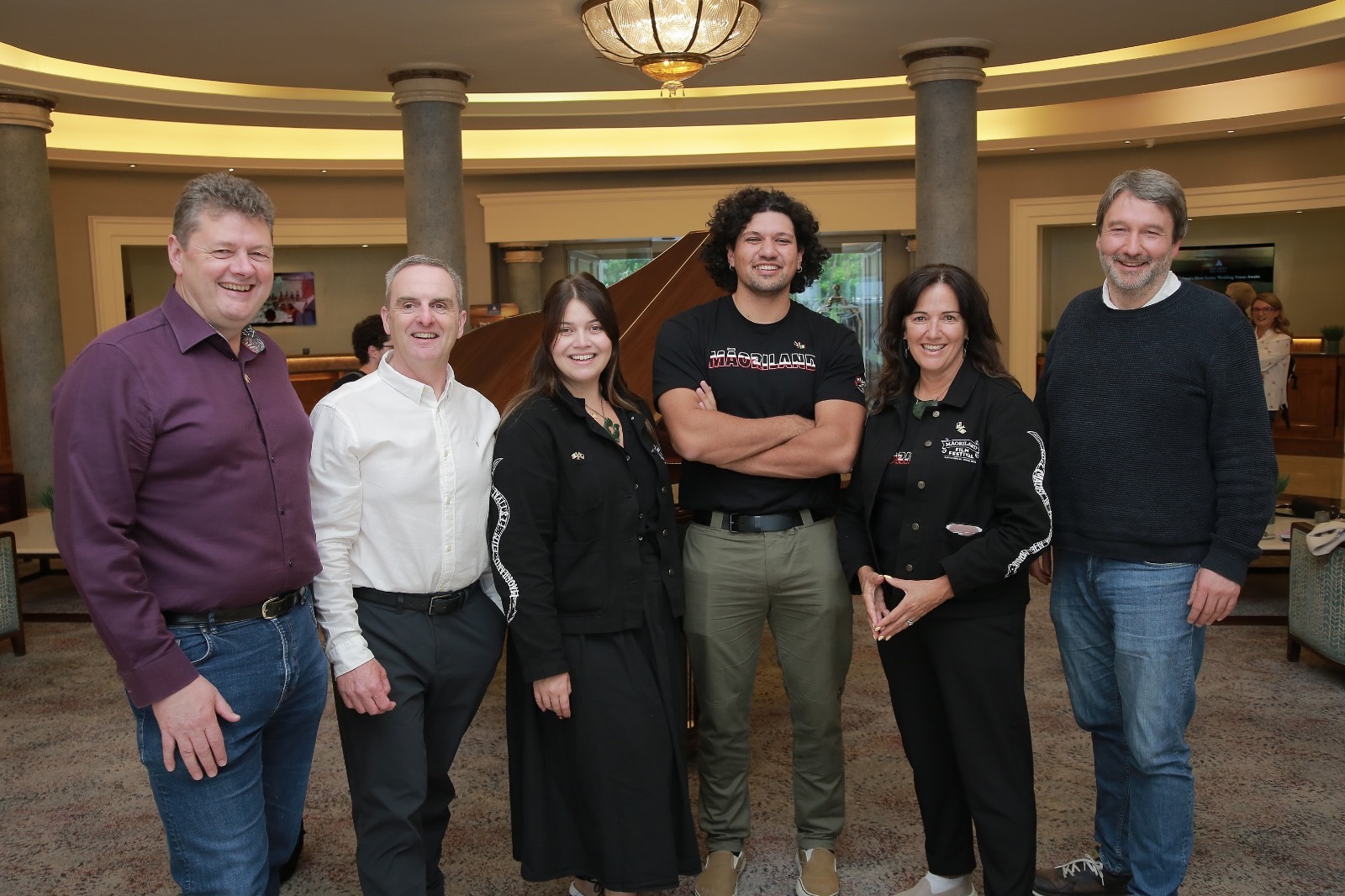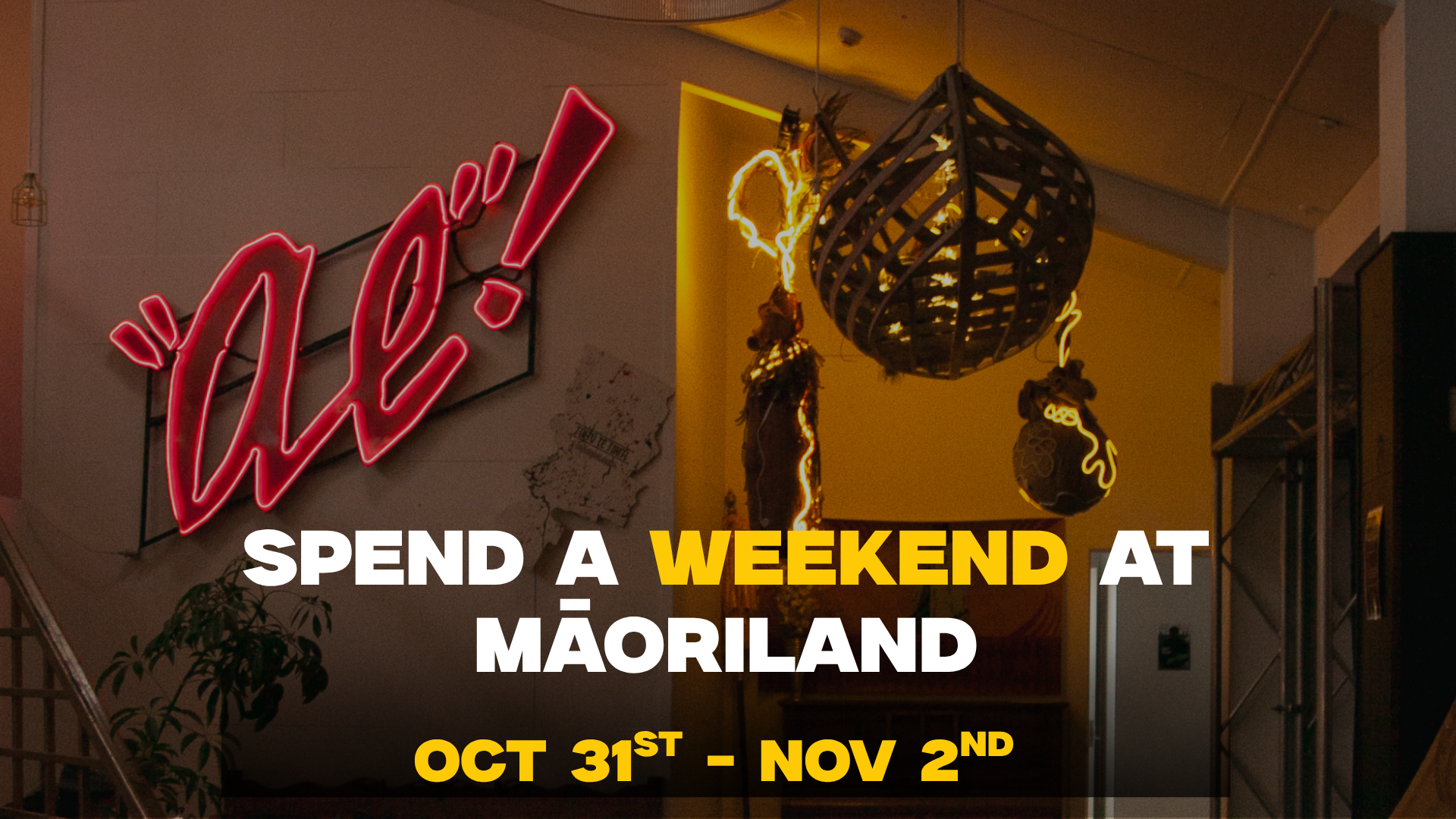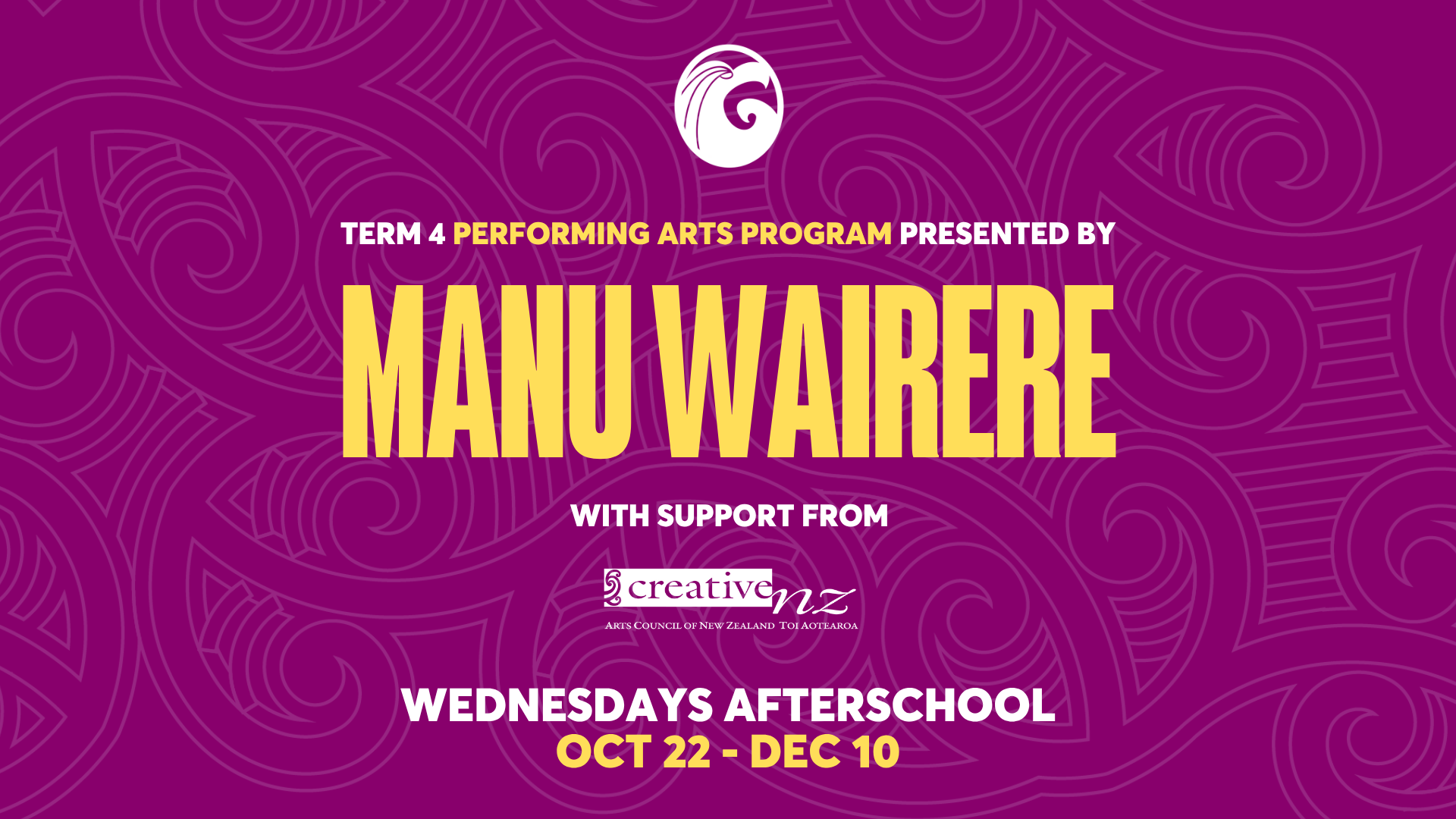Māoriland Films grows global awareness of Māori animation in Ireland & France

Animator Seth Parata Stewart and writer/director/animator Rautini O’Brien are in France this week representing Māoriland at the prestigious Annecy International Animation Film Festival.
Seth, a double graduate of Māoriland tech creative hub, M.A.T.C.H. (Māoriland Animation Tech Creative Hub), the Annecy Festival follows a three week Indigenous Animation Exchange in Ireland – a collaboration between Galway and Wellington, both UNESCO Cities of Film, and the Māoriland Charitable Trust.
“This is an incredible opportunity not only to grow as an artist, but to share our unique Māori stories and culture with animation studios and other animators,” said Seth..
The inaugural cross country exchange is designed as the first step in what the partners hope will be ongoing collaborations between Māoriland, Wellington, and Galway with a shared goal of Indigenous animation, cultural exchange, and international co-production.
During his three-week residency in Galway, Seth immersed himself in Indigenous language-based animation development, industry engagement, and cultural discovery. His exchange included professional visits to Animation Ireland’s Meitheal, TG4, Studio Meala, Little Moon Production, Telegael, and the Animation Ireland Awards.
Māoriland Film Festival Director Madeleine Hakaraia de Young, joined Seth in Ireland ahead of a delegation from Wellington and the New Zealand Film Commission.
“Partnering with Galway and Wellington on the Indigenous Animation Exchange has been an opportunity to explore a relationship that many of us in Aotearoa already feel within our own homes and communities. There is deep shared whakapapa between Aotearoa and Ireland, and exploring our similarities and differences through Indigenous languages and culture – especially through animation. We’re excited to begin working together.
Galway-based animator Siobhán Ní Thuarisg spent a three-week exchange in Aotearoa in March, where she attended the Māoriland Film Festival, the Wellington Animation Film Festival, met with students and studios, and participated in panels and events hosted by Māoriland and Screen Wellington.
Screen Wellington Manager Tanya Black said the initiative is helping grow a global network of Indigenous language storytellers:
“It enhances our global reputation for creative tech excellence and highlights the importance of diverse export opportunities, while continuing to attract talent and investment that ensure our sector’s growth.”
The exchange has already opened up interest for Māori-Irish co-productions. Representatives from Māoriland, Wellington UNESCO City of Film, and the New Zealand Film Commission met with Irish industry leaders, including Animation Ireland, TG4, Screen Ireland, Screen Producers Ireland, and city and county councils. Topics ranged from creative IP and AI, to co-funding models and sustainable international production.
The Exchange is supported by Ardán, TG4, Údarás na Gaeltachta, Galway City Council, and Galway County Council in Ireland, and by Screen Wellington, Māoriland, and the New Zealand Film Commission in Aotearoa.
In Annecy Seth has been joined by Rautini O’Brien, creator of the animated series Ngā Kōtiro o Taranaki, produced by Māoriland Films.
Both Seth and Rautini are exploring opportunities for collaboration with international partners, expanding the presence of Māori stories and language in the global animation landscape.
“As Rautini and Seth build connections in Annecy, the the MATCH kaupapa is being recognised in Aotearoa”. “Our M.A.T.C.H programme is nominated for a Hapori Matihiko Award this week in recognition of the work being done to pathway and empower Māori to enter and lead in digital industries.” Said Māoriland Kaitaki Pūkōrero (Head of Content), Libby Hakaraia.
As the Irish AV sector continues to grow its Indigenous language content – with global success stories like An Cailín Ciúin and Kneecap, the partners see the Exchange as a catalyst for a wider movement.
Libby Hakaraia said “with animation leading the charge, Māori and Irish creators are building a future where Indigenous languages are not only celebrated but central to screen storytelling’
“The Exchange shows that the future for minority languages lies in international collaboration and solidarity,” says Siobhán Ní Thuarisg. “These connections bring our languages from the margins to the centre – and show that Irish and te reo Māori are powerful, living mediums for global storytelling.”
The success of the exchange will continue to be spotlighted at Annecy this week and at the UNESCO Creative Cities AGM in Paris.
“International collaboration and connection in the screen sector are more important than ever,” said Alan Duggan, CEO of Ardán. “Safeguarding and support for independent film and audiovisual creation is vital to prevent it from being overwhelmed by AI and global monopolies, so indigenous culture and creativity can flourish, and democratic access to diverse stories for the screen can continue.”


